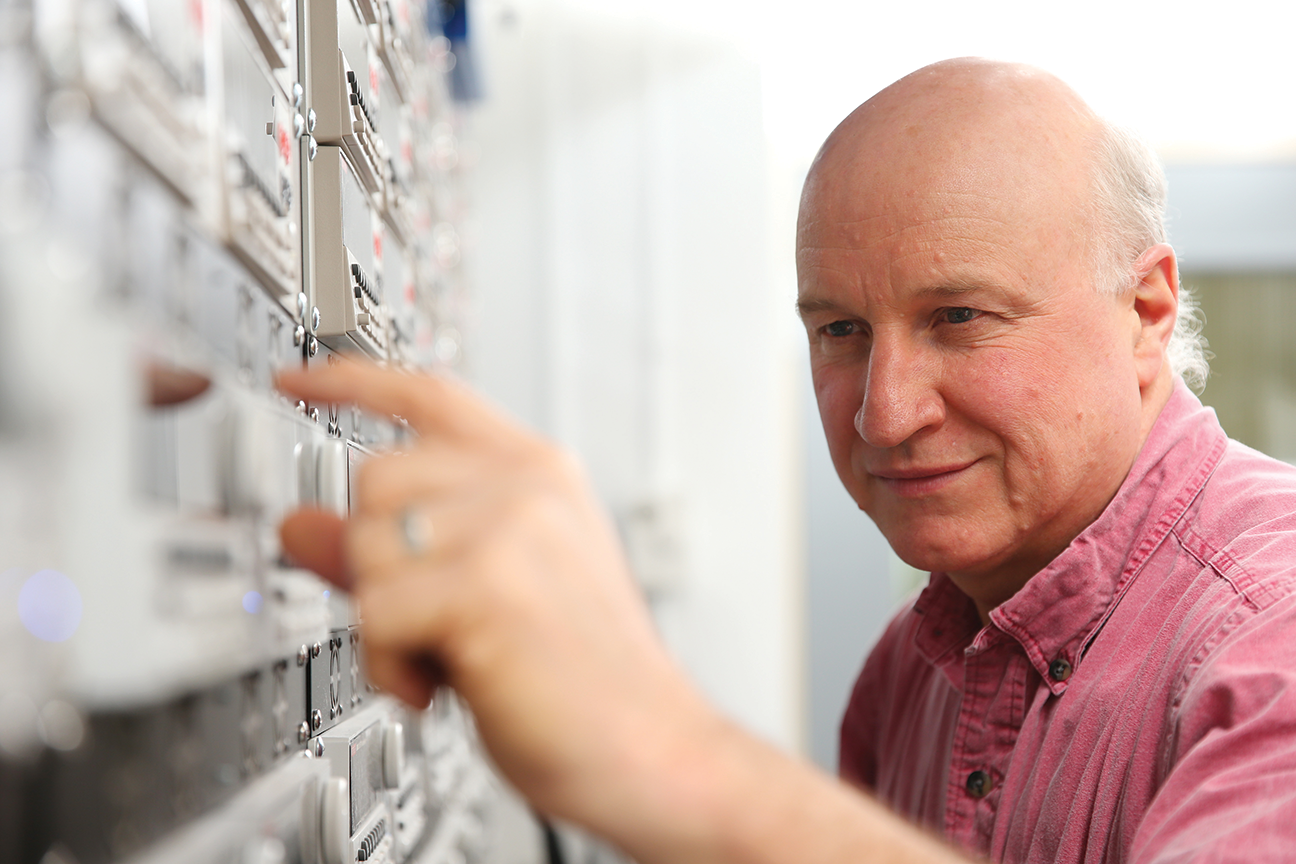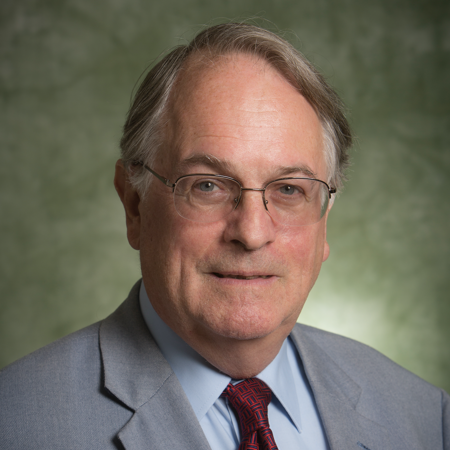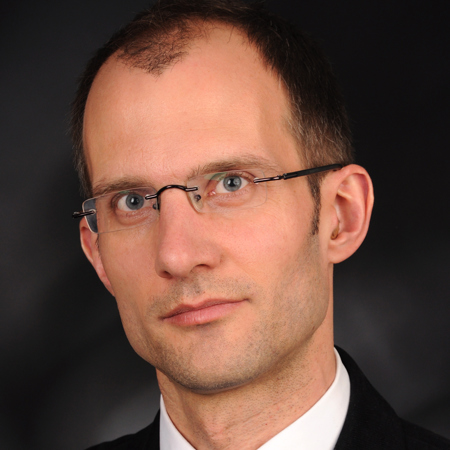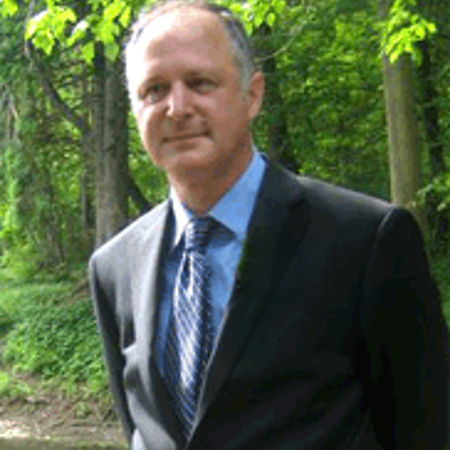Keynote: Dr. Jeff Dahn
NSERC/Tesla Canada Industrial Research Chair, Dalhousie University
8.40-9.15 (EDT)
TITLE: All Dry In One Step (ADIOS to Water) Synthesis of Co-free NMC Materials for Li-ion Batteries
Authors: Svena Yu, Matthew Garayt, Ning Zhang and J.R. Dahn, Dalhousie University, Halifax, Nova Scotia

NMC positive electrode materials are normally produced in a complex process. This begins with production of metal sulfates, co-precipitation to produce a mixed transition metal hydroxide and recovery of that hydroxide from the aqueous liquid. This is followed by heating the metal hydroxide with a lithium source at elevated temperature to make NMC. Final coating and "finishing" steps that also involve water use are then employed. Here, we describe the so-called ADIOS method where nickel powder, a manganese source, a lithium source and an optional coating material are heated together in a single step to make Co-free NMC. No water is used at any step of the process and no waste is created. The performance of materials made with the ADIOS process matches that of materials made by the traditional method.
Dr. Marzi Barghamadi
Research Scientist-Batteries, CSIRO Manufacturing
9.15-9.45 (EDT)
TITLE: Ni-rich cathodes in lithium-ion batteries
Nickel has long been used in batteries widely (such as nickel cadmium battery chemistry). While current lithium-ion battery (LIB) technology is reaching a performance plateau in terms of achievable capacity, and energy density, using Ni-rich cathodes, such as NMC with higher specific capacity and lower cobalt contents compared to LCO, increases the practical energy density of LIBs. However, NMC cathodes experiencing structural and chemical stability issues during cycling. During this seminar these issues along with some of the results of our research on the performance of NMC cathodes (with different transition metal ratios, i.e. NMC622 and NMC811) in LIBs will be presented.

Hans Eric Melin
Managing Director, Circular Energy Storage, UK
9.45-10.15 (EDT)
TITLE: What role will recycling play in the future battery value chain
One of the key advantages of battery energy storage is that the batteries can recycled and the materials they contain can be reused over and over again. But how long time will it take until recycling can make a significant contribution to the battery value chain? And is the technology there to bring back the materials and turn it into new batteries?

Based on a study commissioned by the Nickel Institute Hans Eric Melin from Circular Energy Storage Research & Consulting will provide an overview of where the recycling industry stand today in terms of technology, environmental footprint and available capacity.
Harry Fisher
Project Manager, Benchmark Mineral Intelligence
10.15-10.40 (EDT)
TITLE: Nickel and the impact of the Inflation Reduction Act
The Inflation Reduction Act (IRA) will change the structure of supply chains throughout the lithium-ion value chain, including for nickel. This presentation will explore the potential impacts of the IRA for nickel, the key suppliers in the re-shaped supply chains, as well as the shifting role of both Indonesia and China as major nickel producers.

Keynote: Prof. Stanley Whittingham
2019 Nobel Prize in Chemistry
11.00-11.30 (EDT)
TITLE: Pushing the limits of high nickel NMC
There is much interest in reducing the cobalt content in the layered oxide cathodes, and at the same time increasing the nickel content. This will reduce the cost and increase the energy density. However, increasing the nickel content leads to increase reactivity, and this must be controlled. I will discuss our most recent research in this area that is showing the feasibility of cycling 90% Ni material with no capacity loss over hundreds of cycles.

Dr. Venkat Viswanathan
Associate Professor of Mechanical Engineering; Carnegie Mellon University
12.30-12.00 (EDT)
TITLE: Critical role of nickel for battery-powered electric aircraft
This talk will discuss the critical role of nickel-based active materials for the development of high-energy-density batteries for electric aircraft applications. The increasing demand for electric aviation and the subsequent energy storage requirements have necessitated advancements in battery technology, with the focus being on enhancing energy density, lifecycle, safety, and cost-effectiveness.

Nickel, with its outstanding electrochemical properties, shows promise as a significant component of high-energy batteries, in the near and longer term. This talk will provide electric aircraft level breakdown of likely metals content, including nickel, and provides a firm basis for assessment of nickel demand for the electric aviation market.
Martin Beermann
Senior Scientist, Joanneum Research Forschungsgesellschaft mbH
12.00-12.30 (EDT)
TITLE: GHG emissions of Zero-Nickel versus Nickel-based EV-batteries

John Kincaide
President, Boulderwood Holdings Inc. dba , 2ndLife Batteries®
12.30-12.55 (EDT)
TITLE: Recycling NMC vs LFP from an economic perspective
Shine a bright light on the cost of logistics and inherent material value packs and a clearer picture from a supplier to battery recyclers - well - a bit disconcerting - to say the least.
John Kincaide did a Logistics and Value study in October 2019 in Solar Power World, and now post-pandemic revisits his research and provides a clear picture of where we sit in 2023.

Thankfully the costs have come down quite a bit - but after warehouse and labor, packaging, and shipping, and price for recycling NMC still has a negative value, but LFP is nearly 8 times as expensive.
A comparison to Lead-Acid recycling is given for reference, with a 98% recycling rate in Canada and the USA.
John's experience in the e-waste industry heralds the outcome of such negative value products incurring huge environmental clean-up costs. Will this be the same fate for Lithium-ion?
He highlights some new technologies that will lessen the costly pain and hopefully, the industry be positive and even neutral in recovery costs.
Moderator
Dr. Parvin Adeli
Manager, Batteries, Nickel Institute
Parvin contributes her expertise to ensure the benefits of nickel in lithium-ion batteries are well understood. With extensive experience in the field of energy storage, she has made significant contributions to the area of solid electrolytes through her fundamental knowledge in inorganic material synthesis and its application to both Li-ion and Na-ion energy storage devices.
Prior to joining the Nickel Institute, Parvin held a prestigious postdoctoral fellowship with the National Research Council of Canada (NRC) where she worked on energy storage material formulation and optimization particularly on solid-state batteries (SSB) and composite electrolyte materials. She also led the NRC portion of the collaborative project ‘AI driven design and development of SSB electrolytes for consumer electronics’.
